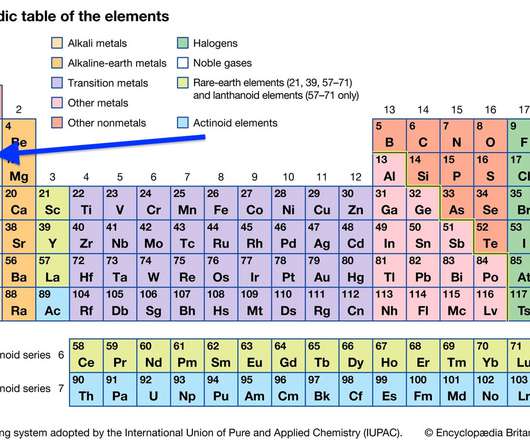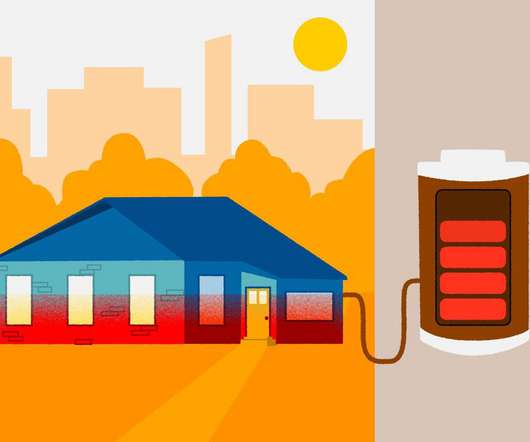Stanford team develops sodium-ion battery with performance equivalent to Li-ion, but at much lower cost
Green Car Congress
OCTOBER 10, 2017
Stanford researchers have developed a sodium-ion battery (SIB) that can store the same amount of energy as a state-of-the-art lithium ion, at substantially lower cost. Thus, further research is required to find better sodium host materials. Thus, further research is required to find better sodium host materials.



























Let's personalize your content